Four Ways to Use Container Plantings for More Privacy
Quicker than a hedge and prettier than a fence, containers can make the perfect screen
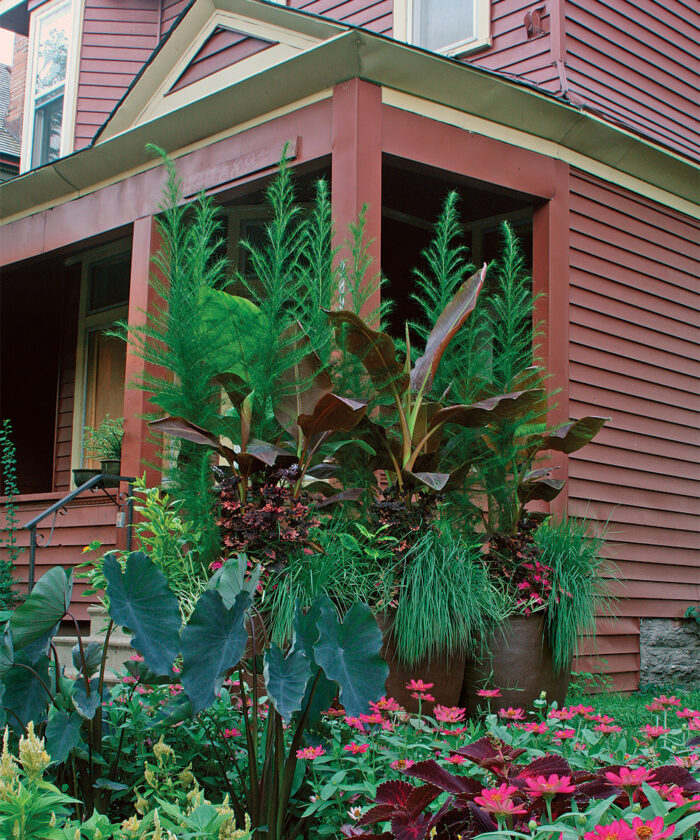
Sometimes we just need a little privacy to shield us from the realities of our neighbors’ lives, regardless of how much we like them. Building a fence or planting a hedgerow might seem to be the logical plan of attack to screen the sight lines and less than desirable focal points of those across the property line. But why not opt instead for adding a few strategically placed container groupings? We often think of containers as focal points. But with the right placement and proper plant choices, they can also be the ticket to creating privacy barriers or more intimate and private spaces for us to enjoy while coexisting with the world around us.
Containers make the best neighbors
Do you love your neighbors but aren’t interested in watching them read the paper on their porch? Building a fence may send the wrong message. A group of lovely containers will not only create the privacy you need but also accomplish it with some subtlety. Make it a soothing green wall or a kaleidoscope of color. Here, tall ‘Siam Ruby’ banana and dog fennel screen the view while the coleus repeat colors from the rest of the garden.
1. Dog fennel (Eupatorium capillifolium, Zones 3–10)
2. ‘Siam Ruby’ banana (Musa ‘Siam Ruby’, Zones 9–10)
3. ‘Gnash Rambler’ coleus (Solenostemon scutellarioides ‘Gnash Rambler’, Zones 12–13)
4. ‘Savannah’ ruby grass (Melinis nerviglumis ‘Savannah’, Zones 8–11)
5. ‘Golden Edge’ duranta (Duranta erecta ‘Golden Edge’, Zones 9–11)
6. ‘Pink Chaos’ coleus (Solenostemon scutellarioides ‘Pink Chaos’, Zones 12–13)
7. Variegated St. Augustine grass (Stenotaphrum secundatum ‘Variegatum’, Zones 9–11)
Distract the eye from looking further
Entryway plantings, like these, may or may not block views, but they can be used to clearly define the line between public and private zones. By covering a portion of the glass, the containers create an illusion of enclosure while offering attractive views for those inside and out. The use of bold foliage, repetition, and contrasting forms directs outsiders’ attention toward the fabulous plantings instead of the folks behind the glass.
1. Variegated mother-in-law’s tongue (Sansevieria trifasciata cv., Zones 12–13)
2. Sword brake fern (Pteris ensiformis, Zones 10–11)
3. Golden creeping Jenny (Lysimachia nummularia ‘Aurea’, Zones 4–8)
Block unsightly reminders of everyday life
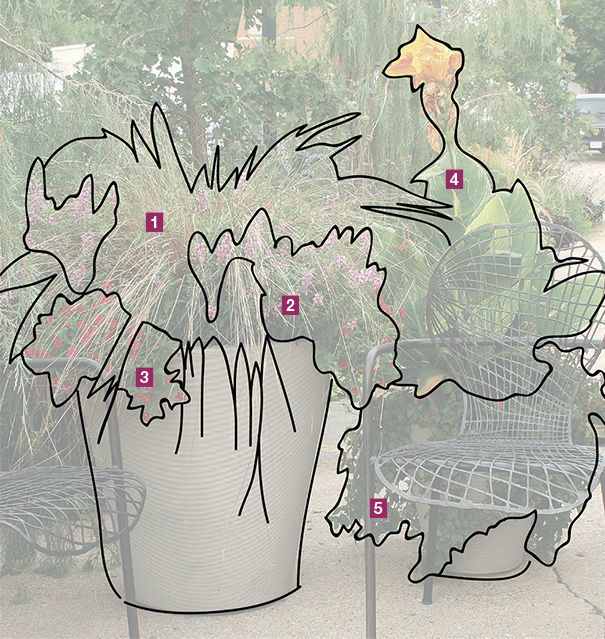
1. Leatherleaf sedge (Carex buchananii, Zones 6–9)
2. Angelface® Pink summer snapdragon (Angelonia angustifolia ‘Anpinkim’, annual)
3. Minifamous compact dark red calibrachoa (Calibrachoa ‘Kleca07145’, annual)
4. Tropicanna® Gold canna (Canna indica ‘Mactro’, Zones 8–11)
5. ‘Cascade’ centradenia (Centradenia ‘Cascade’, annual)
Divide a room for a multipurpose space
Container plantings and living walls can do more than block undesirable views. In this backyard, glazed pots and custom Corten-steel planters give a sense of physical enclosure between garden rooms. The large bananas separate this intimate area from the rest of the landscape, creating a spot perfect for snoozing or intimate conversation on a warm summer afternoon.
1. Red Abyssinian banana (Ensete ventricosum ‘Maurelii’, Zones 9–11)
2. Coleus (Solenostemon scutellariodes cv., Zones 12–13)
3. Golden creeping Jenny (Lysimachia nummularia ‘Aurea’, Zones 4–8)
4. Tree of India (Amorphophallus konjac, Zones 12–13)
5. Mexican feather grass (Nassella tenuissima, Zones 7–11)
Three Approaches to Creating Privacy
Just as with fencing, you don’t always need a solid wall to achieve privacy. Depending on the situation, choose plants that give you just the right effect.
1. Use a distraction
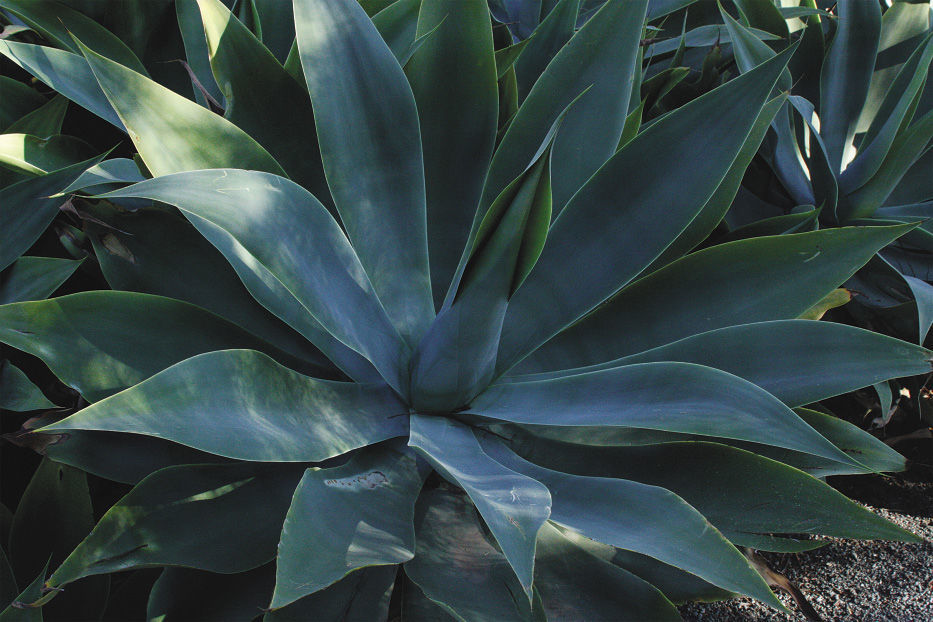
Sometimes all it takes is a better view to shift one’s eye from a less-than-desirable sight line to something easier on the eyes. In cases like these, I choose plant combinations and containers that act as focal points. Big, bold foliage and warm colors will draw the eye to your fabulous container combination, a nice alternative to the neighbor’s jungle gym. Some of my favorite plants for this purpose include bold agaves (Agave spp. and cvs., Zones 7–11), mother-in-law’s tongue (Sansevieria trifasciata cvs., Zones 12–13), bromeliads, and African mask plant (Alocasia amazonica and cvs., Zones 10–11).
2. Put a veil in place
There are times when I need to create a little separation between parts of the landscape or offer a sense of enclosure, but a solid screen might make the space too claustrophobic. In these cases, tall yet airy plants are just the ticket, creating a veil that’s tall enough to define spaces yet transparent enough to offer a glimpse of the outside world. Airy plants that I like to use include King Tut® papyrus (Cyperus papyrus ‘King Tut’, Zones 10–11), Australian tree fern (Alsophila australis, Zones 10–11), dog fennel, and soft-textured ornamental grasses.
3. Opt for a total screen
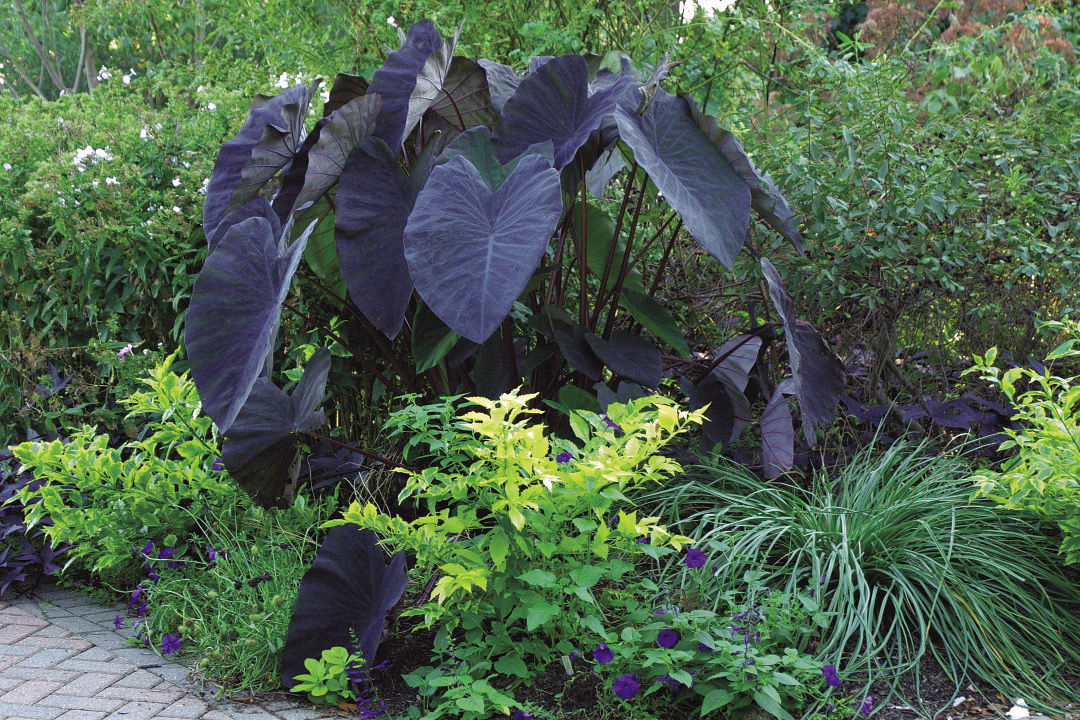
When an all-out visual screen is needed, I choose plants with dense foliage that will grow to the height necessary to prevent even a sneak peek from that nosy neighbor or the view of an ugly alley. For maximum screening, I use favorites like cannas (Canna spp. and cvs., Zones 8–11), bananas (Musa and Ensete spp. and cvs., Zones 8–11), and large elephant’s ears (Colocasia esculenta cvs., Zones 8–11). And by choosing tall containers for your combinations, you can achieve a little extra height.
Scott Endres is co-owner of Tangletown Gardens in Minneapolis, Minnesota.
Photos, except where noted: Antonio Reis
From Fine Gardening #153
Fine Gardening Recommended Products
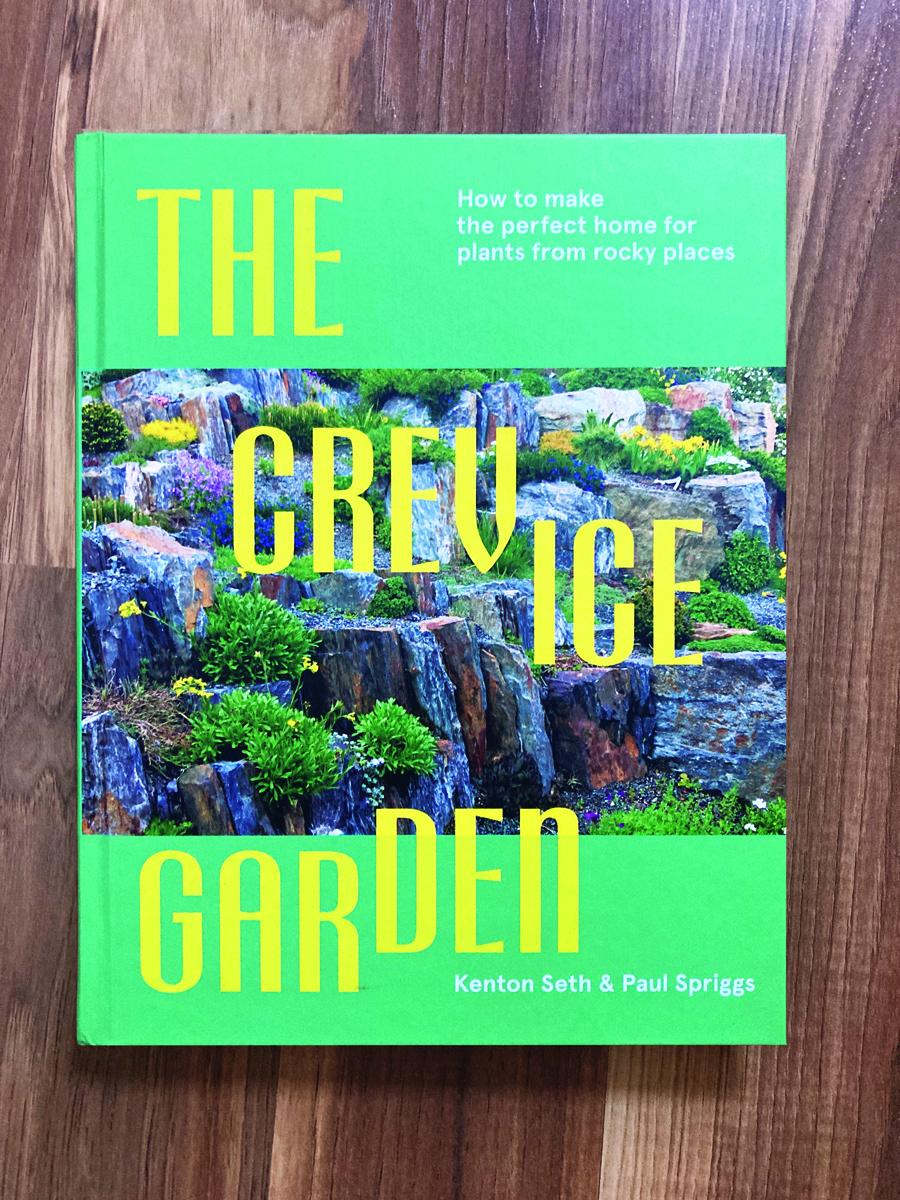
The Crevice Garden: How to make the perfect home for plants from rocky places
Fine Gardening receives a commission for items purchased through links on this site, including Amazon Associates and other affiliate advertising programs.
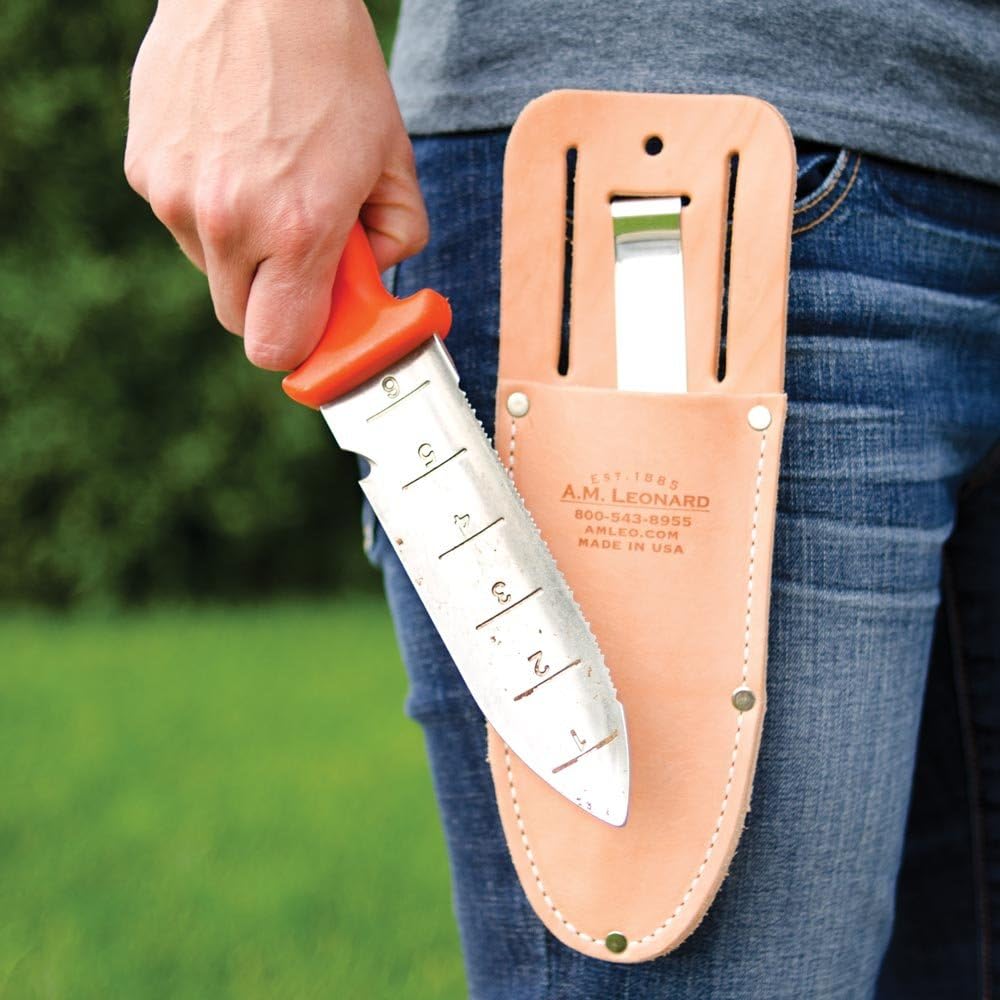
A.M. Leonard Deluxe Soil Knife & Leather Sheath Combo
Fine Gardening receives a commission for items purchased through links on this site, including Amazon Associates and other affiliate advertising programs.
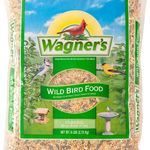
Wagner's 52003 Classic Blend Wild Bird Food, 6-Pound Bag
Fine Gardening receives a commission for items purchased through links on this site, including Amazon Associates and other affiliate advertising programs.

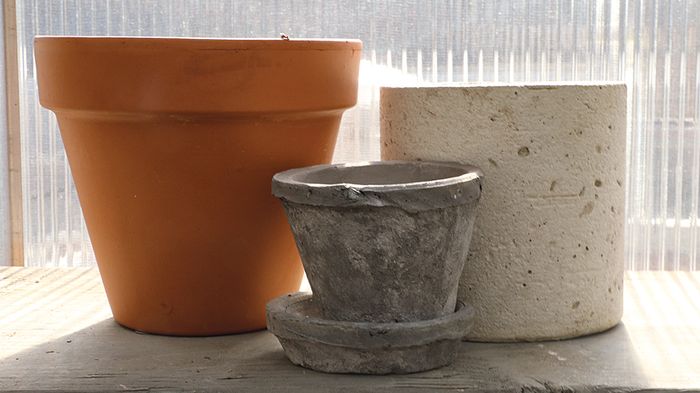

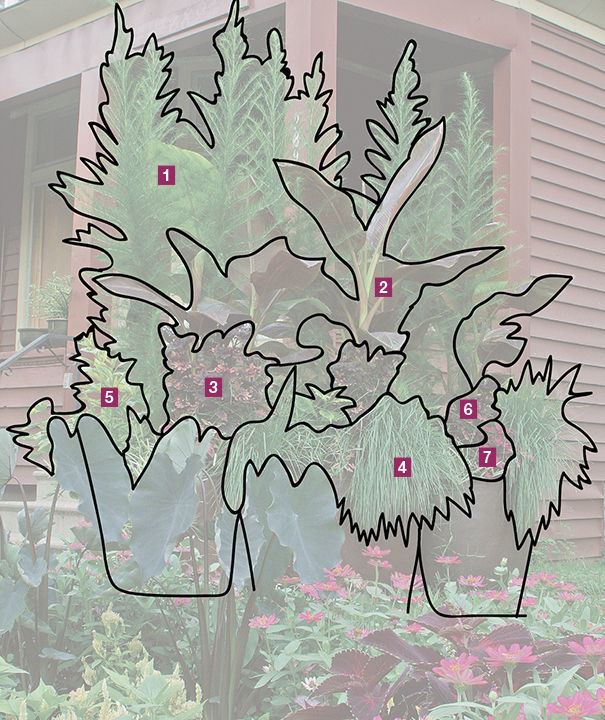
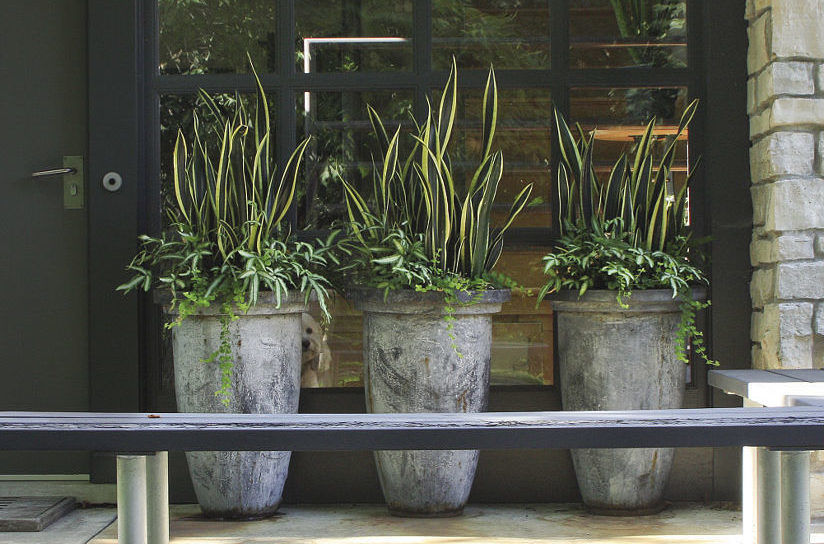
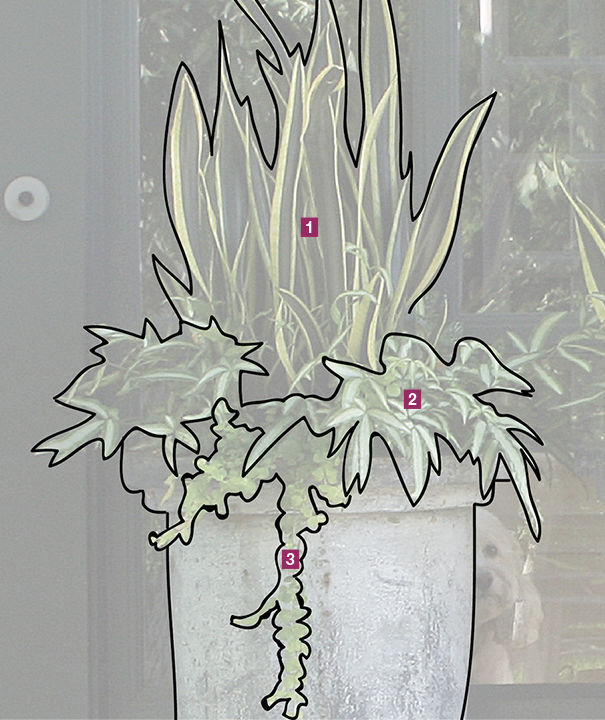
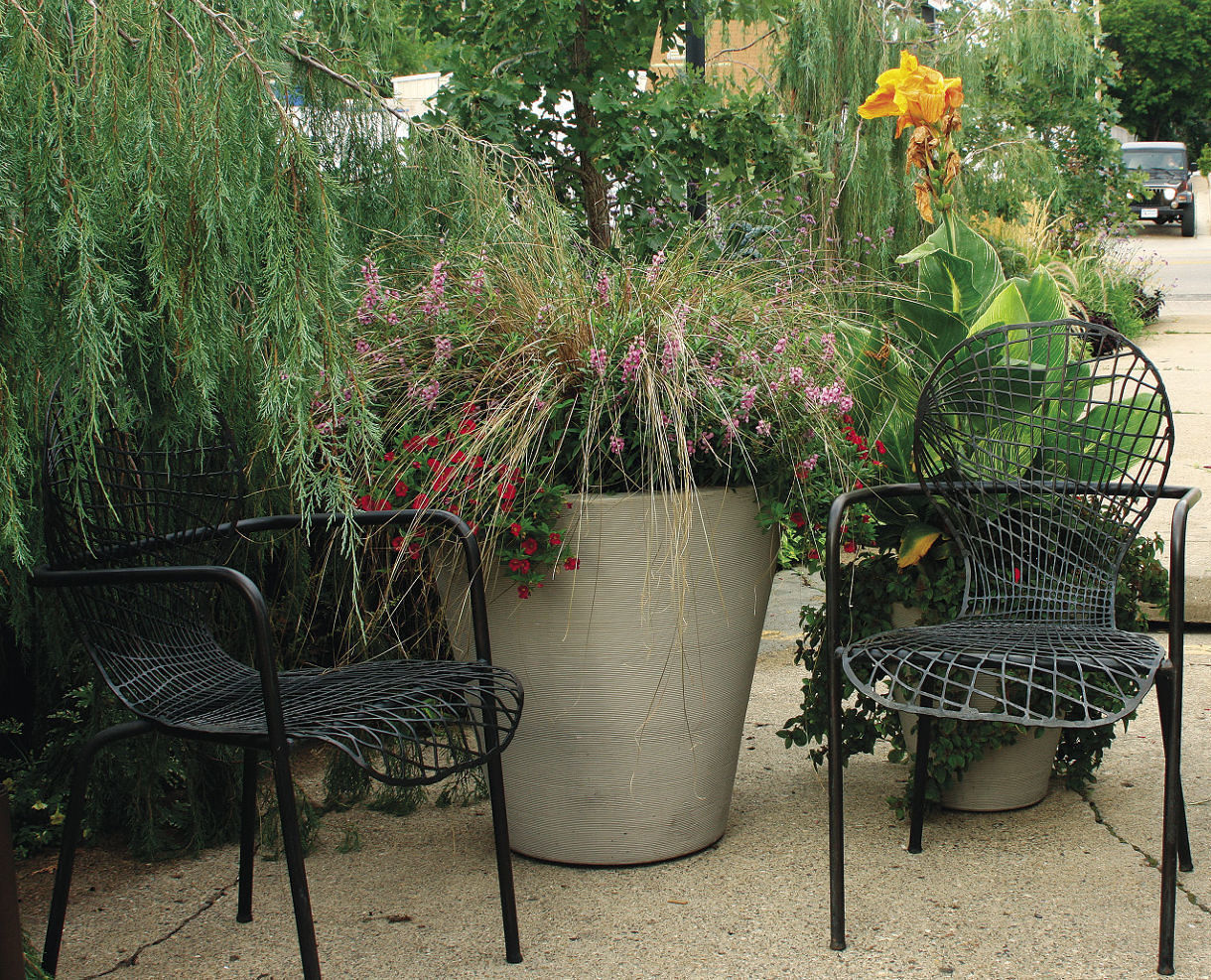
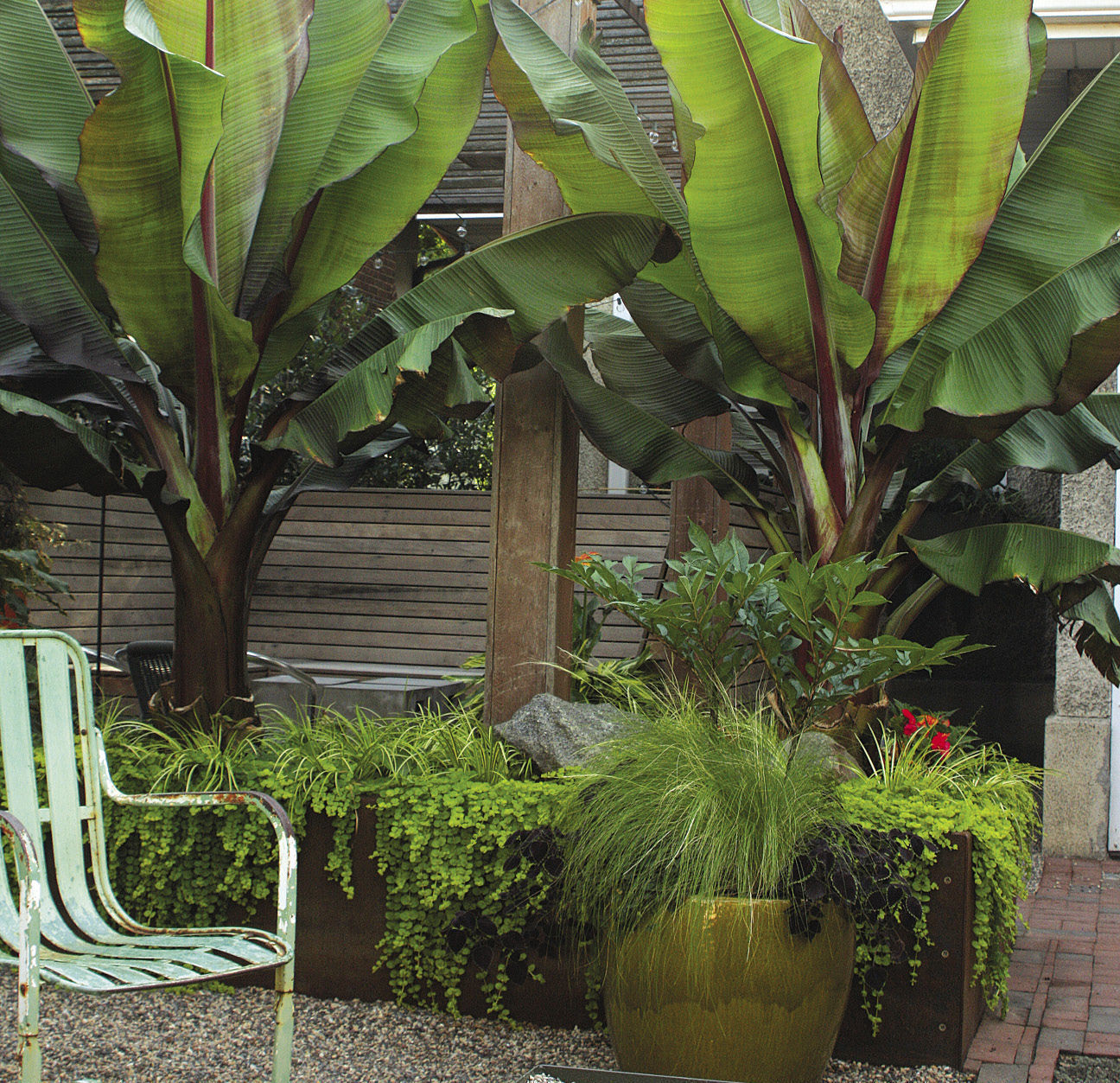
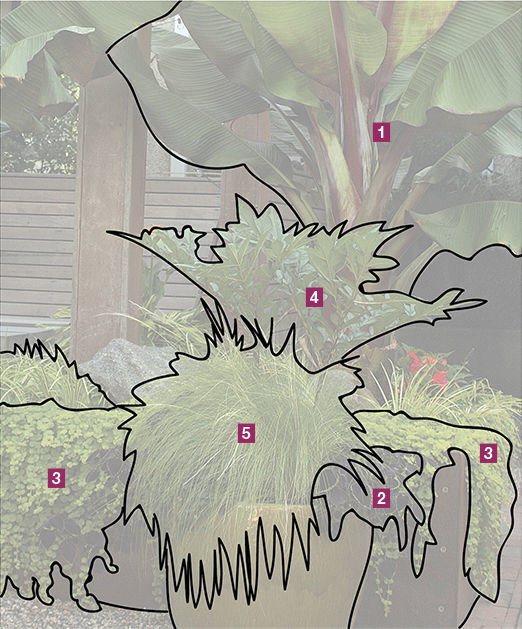





Comments
Log in or create an account to post a comment.
Sign up Log in